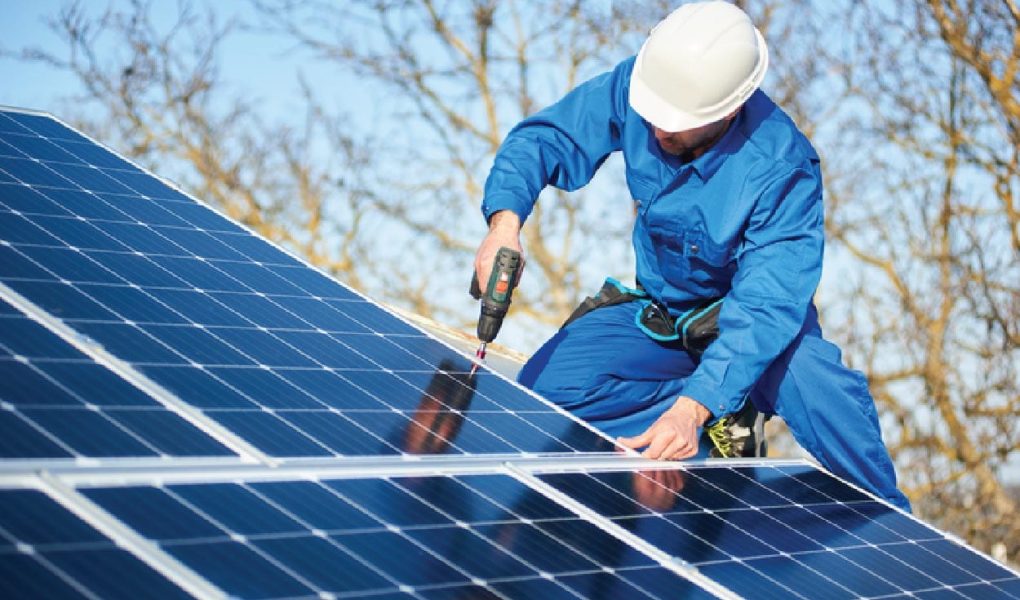Australia has seen an explosion in solar installations over the past decade, and for good reason — with abundant sunshine, government incentives, and soaring energy prices, there’s never been a better time to make the switch. But while solar panels themselves are a smart investment, choosing the wrong installer can turn a great opportunity into a costly mistake.
At Gold Coast Solar Pros, we help homeowners by delivering high-performance solar energy systems to homes and businesses across the Gold Coast. Throughout the years we’ve seen countless bad practices, and we’ve made a list of the 10 most common mistakes people make when choosing a solar installer – and how you can avoid them.
1. Only Getting One Quote
One of the biggest errors people make is going with the first company they speak to. Solar pricing, product quality, and service levels vary widely between providers.
Avoid it: Always compare at least 2–3 quotes. This gives you a clearer picture of fair pricing and helps you spot outliers — both too high and suspiciously low.
2. Falling for “Too Good to Be True” Offers
“Free solar,” “$0 installs,” and “no more electricity bills” are all classic bait lines. While there are legitimate rebates and finance options, nothing in solar is 100% free.
Avoid it: Read the fine print. If the offer seems too good to be true, it probably is.
3. Not Checking Installer Accreditation
In Australia, only Clean Energy Council (CEC) accredited installers are eligible for government rebates. Hiring a non-accredited installer could leave you without financial support — and no legal recourse if things go wrong.
Avoid it: Ask for the installer’s CEC accreditation number and verify it online.
4. Ignoring the Warranty Details
Not all warranties are created equal. Some are backed by the manufacturer, others only by the installer (which is risky if they disappear). And many are void if not installed by approved professionals.
Avoid it: Look for panels and inverters with at least 10 years product warranty and check who honours the warranty — the brand or the installer?
5. Choosing on Price Alone
We get it — solar is a big investment. But going with the cheapest quote often means poor-quality gear or rushed installation.
Avoid it: Aim for value, not just price. Factor in warranty, panel brand, workmanship, and after-sales service.
6. Not Asking About Subcontractors
Some companies sell you the system, then subcontract the job to whoever’s available — and you never know who’s actually working on your roof.
Avoid it: Ask who exactly will be installing your system, and make sure they’re qualified and experienced.
7. No Research on the Company
Before signing anything, Google the company. Look for reviews, social proof, and how long they’ve been in business. Fly-by-night solar companies are still a big issue in Australia.
Avoid it: Check platforms like Google Reviews, ProductReview.com.au, and Trustpilot. Look for patterns, not just star ratings.
8. Not Understanding the Quote
Some quotes are padded with unnecessary add-ons, while others leave out key items like meters, isolators, or monitoring systems. A vague quote is a red flag.
Avoid it: Ask for a detailed breakdown of what’s included. If something’s unclear, get clarification in writing.
9. Overlooking After-Sales Support
What happens if your inverter throws an error in 6 months? Or your panels stop generating power? Many people don’t realise until it’s too late that their installer is unresponsive or out of business.
Avoid it: Choose a company with a strong track record and verified service guarantees. Bonus points for one with local support.
10. Skipping the Site Inspection
Some companies provide quotes over the phone or online without ever seeing your roof. This often leads to unexpected charges or system downgrades on install day.
Avoid it: Always insist on a proper site inspection before finalising the quote. A professional will assess shading, roof condition, and system positioning.
Final Thoughts
Solar is one of the smartest long-term investments a homeowner can make — but only if the job is done right. Taking the time to research, compare, and ask the right questions can save you money, stress, and disappointment.




